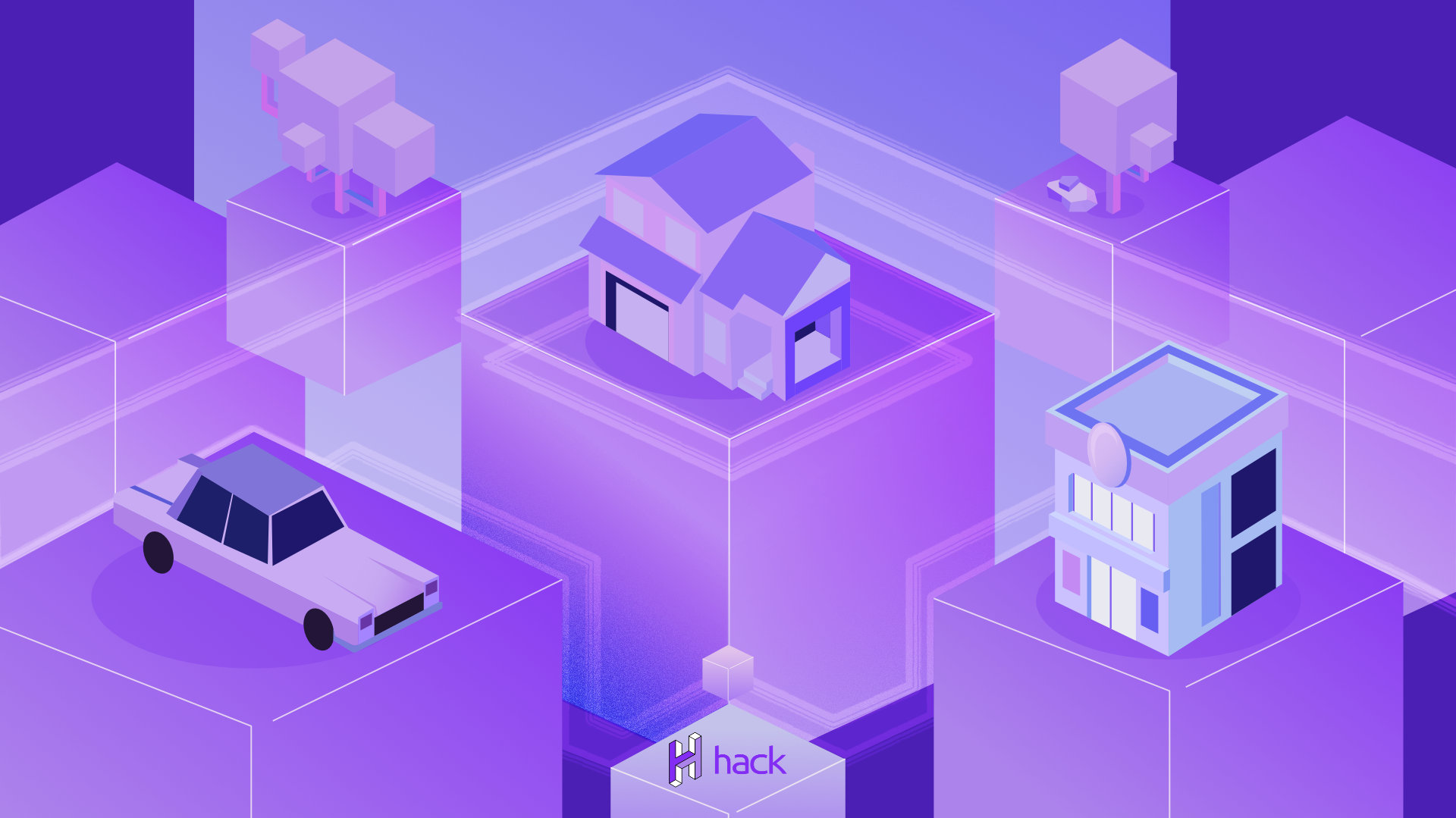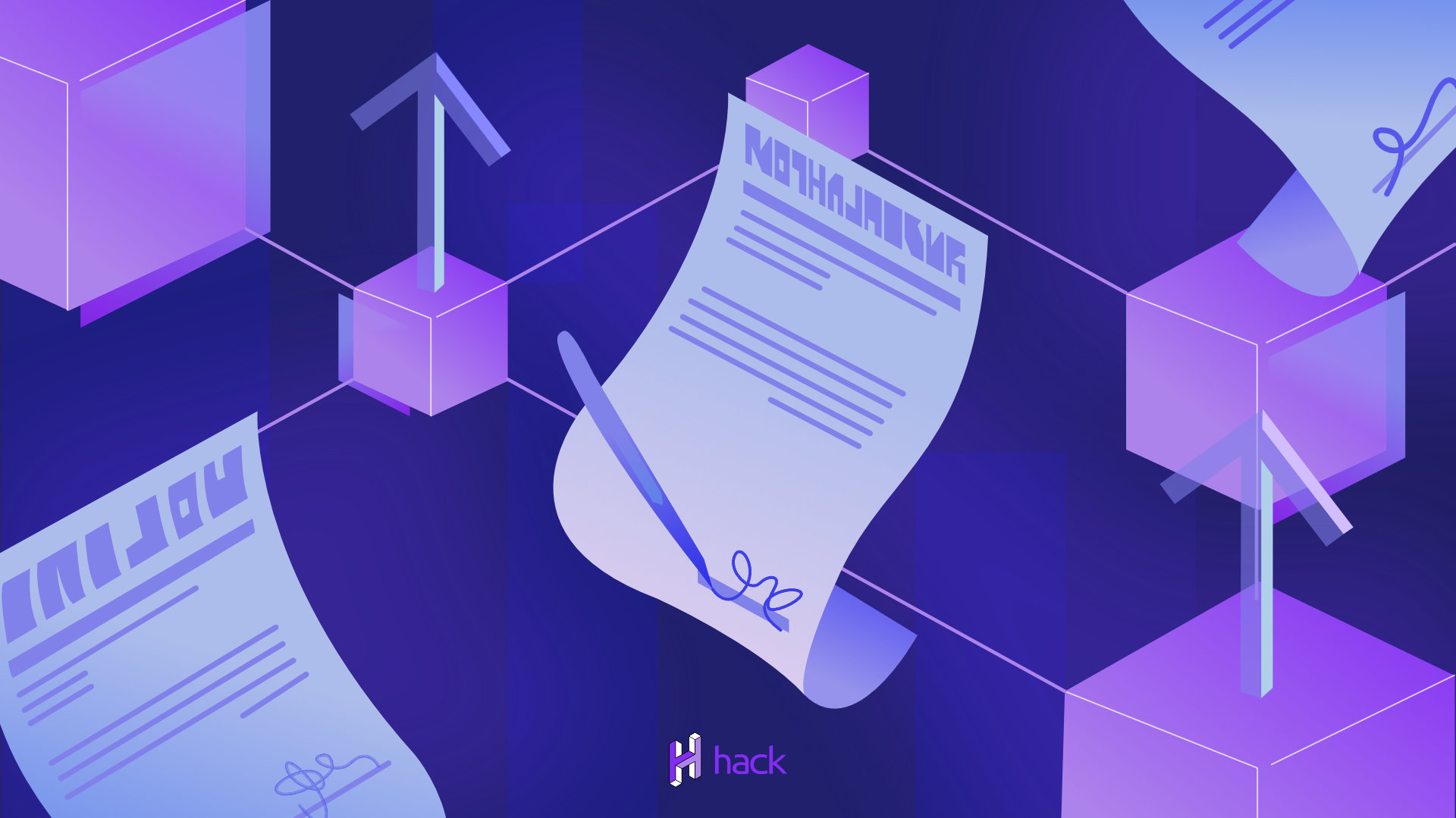Blockchain technology has rightfully become one of the biggest buzzwords these days. From Bitcoin and the economic implications of cryptocurrency to the vast range of use cases that Distributed Ledger Technology can bring to any number of sectors the use of blockchain has found a home in supply chain management and cross-border payments, and its further potential has all been laid out for businesses to see.
Yet, because the technology is so new and so potentially disruptive, there are a lot of questions that hover around its best practical implementation for enterprises and businesses. Questions arise from the business side of things – How will it suit a purpose? What efficiencies can it bring?
Moreover, questions surrounding how much traffic a blockchain can handle, how it will be handled by governments and regulators, and if it will be community-run or controlled by a single entity can be tricky indeed.
One of the most vital questions a business needs to ask itself before starting on a blockchain journey is: ‘Why Blockchain?’
In today’s article, we will explore that. After reading the article, any novice can gauge the current situation and make a calculated guess on whether his/her business should adopt blockchain or not.
Does the business actually need blockchain?
Blockchain technology is diverse, but even within its wide scope, there are some businesses that do not need to use blockchain for blockchain’s sake, and that is the first step: determining the extent to which blockchain is the best solution for what your business’s pain points are.
Assuming that you have identified a use case for blockchain within your business, then it is about determining which blockchain solution would be the best to integrate.
Technology has become ingrained in business, especially in regard to logistical companies. The use of a robust blockchain can streamline the supply management side of things greatly, as this is an area that is still quite primitive and flawed in many companies.
By utilising blockchain for supply management, transparency allows for full tracing and tracking. It also eliminates middlemen from the operation, which helps increase the efficiency of moving goods along the supply chain dramatically.
Digital identity is another promising aspect of the technology that enterprises, as well as governments, are looking into. If the technology can be properly applied to creating a digital identity, then many of the world’s unbanked could have access to financial tools, and even national voting can become less corrupt, and more efficient.
The healthcare sector is also quite interested in blockchain and its digital identity promise, as there are massive issues surrounding the way in which patient records are kept and shared. There are lots of debates around user data privacy in the transparent nature of blockchains – which is something important to be considered in this niche.
Another example is gaming companies which are starting to appreciate that blockchain can be used to aid their online asset stores through cryptocurrencies.
Even with all these aspects potentially open to blockchain disruption, questions still need to be asked about regulation, scalability, and the issue of true decentralisation.
Even though blockchain can offer savvier advantages to many industries, that still does not mean your business necessary needs blockchain.
We give you a 10-question framework for evaluating if a blockchain is applicable in a given situation.
Here is a list of questions leaders should ask before they embark on using blockchain to address businesses’ needs:
1. Is immutability needed for the proposed use case?
Immutability is the assurance that participants in the ecosystem cannot change the historical record of events. If immutability is not needed, there are simpler methods to ensure other attributes (i.e., that data has not been changed from its original form).
2. Might you have a need to remove a record in the blockchain or correct a mistake?
Blockchains are append-only, so they will not allow for that. Remember this – Once on the blockchain, always on the blockchain!
3. Are there multiple entities involved, or are you trying to solve a problem inside one organization?
Since trust already exists within a single organization, blockchain may be overkill, and simpler solutions may suffice.
4. If multiple independent entities are involved, do the entities trust each other?
Blockchain removes the need for trust between different entities. If such trust already exists, blockchain may be overkill.
5. Do you need the transparency provided by the blockchain, where all participants can see the chain (even if individual transactions may be anonymous)?
Do you already use external controls (such as escrow or notary services) to validate or audit transactions and, if so, is that adequate for you? You may not need a blockchain if the existing controls you have in place are suitable enough for your needs.
6. Is it important to know the humans or systems involved in a transaction to be able to ensure that transactions cannot be counterfeited or compromised?
Blockchains are useful where you want to know the identity of participants in a transaction (e.g., which doctor prescribed that medication). Or, if anonymity is desired, you still want to be able to prevent X from doing a transaction and making it look like Y did it. Do not use a blockchain if this is not important to you.
7. How important is it for the system to be distributed?
Can a centralized system meet your needs? Distribution is very expensive, so don’t use it unless you truly need the benefits that distribution brings you, such as system reliability from node failures, immunity from the actions of a minority of bad actors, and security and integrity achieved by having multiple participants confirm transactions and achieve consensus.
8. What are the performance requirements, and can a blockchain meet your needs?
A blockchain is computationally expensive and can only support a limited number of transactions per second — make sure you know what your needs are, and compare that to what blockchains can support.
9. Do constrain devices with limited resources need to participate as a node in the blockchain?
If so, check and make sure that they can handle the computational burden imposed by blockchains.
10. Is there a good architectural fit between the application being designed and blockchain?
If the app is non-transactional in nature, how can it be adapted to fit with blockchain’s transactional model? If different entities have interacted directly with each other in the past, will there be friction in the system to change to a model where everyone interacts with a distributed ledger?
Making the right choice
It is clear that the decision to integrate the latest technological buzzword, blockchain, requires a bit of thought, and questions to be asked. First, a business needs to ensure it is not wasting time and effort pursuing the technology when it is not a good fit for its purposes.
But, once that important step is out of the way, it is about finding a solution that can handle the requirements that your businesses need, and how they can implement the technology seamlessly.
It is often worth investing time into a solution that can be better suited to one’s needs and consulting with specialists if you still have dougths.
You have a project in mind? Get in touch with us at hello@hack.bg
Our team is here to help you from architecture design to a perfectly working solution.
Take a look at the full list of our services on our website.
We bring ideas to life.



